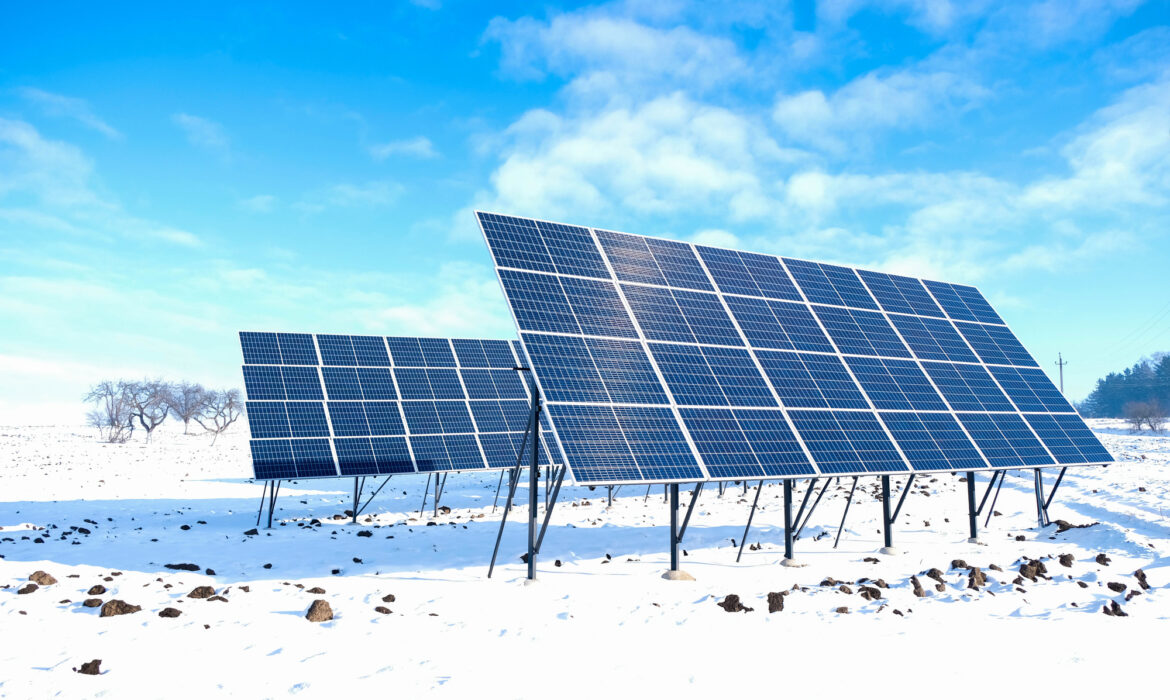Seasonal Marketing Strategies for Solar Panel Sales
Particularly in businesses like solar energy, where seasonal variations immediately affect product performance and user interest, seasonal trends are crucial in determining consumer behaviour. Tackling these swings with focused seasonal marketing plans can greatly increase sales and improve customer interaction for solar panel companies.
In this blog, we’ll look at how solar companies can modify their marketing strategies to suit seasonal needs so they can take advantage of the times when customers are most ready to spend on solar technology. Let’s explore the subtleties of the season that can boost your solar panel sales year-round.
Understanding Seasonal Demand
Finding solar panel sales peak seasons is essential to efficiently customising marketing and sales plans in the solar panel business. Usually, the bright spring and summer months are when interest in solar solutions rises. Seasons perfect for promoting the advantages of solar energy are those with longer days and the maximum efficiency of solar panels.
Conversely, there are strategic chances throughout the autumn and winter as well. Homeowners start thinking about ways to lower their impending heating expenditures during these colder months. Those wishing to increase the energy efficiency of their house can be drawn to solar installation by its long-term cost-saving advantages, which can be emphasised in marketing throughout these months.
Year-end incentives like tax refunds or unique financing choices may also spur more interest in solar panel sales in the late autumn and early winter. Solar enterprises can more successfully engage with potential clients at the times when they are most open to making energy expenditures by using this seasonal data. Using the cyclical character of consumer behaviour influenced by seasonal variations, this strategic approach guarantees a consistent flow of engagement and conversions all year round.
Spring and Summer: Peak Solar Seasons
Sales of solar panels surge in the spring and summer. Solar companies should concentrate on making use of the longer days and natural increase in sunshine during these months to showcase the best possible performance from their panels. Direct, colourful marketing efforts that demonstrate to prospective clients the instant advantages of installing solar panels are quite welcome right now.
Workshops and Educational Campaigns: Organising informative campaigns and participatory seminars on the benefits of solar energy is one such tactic. These workshops might be planned to educate homeowners and businesses on the operation of solar panels, the advantages to the environment, and the substantial savings on power costs during the months of maximum sunshine. Workshops can be conducted remotely as well as in person, therefore extending their reach.
Showcasing Extended Daylight Hours: Solar panels’ summertime energy output and greater efficiency should be highlighted in marketing brochures. Testimonials and case studies supported by statistics that highlight effective installations and how they affected cost and energy use during these months can be quite persuasive. This not only informs the viewers but also strengthens the argument for why summer is the best season to invest in solar panels.
Through deliberate marketing focus throughout these seasons, businesses may fully benefit from the inherent advantages of the season and increase interest and solar panel sales.
Autumn: Preparing for Winter
Sales of solar panels move to get homes ready for the impending winter as September draws near. Promoting the effectiveness and sustainability of solar panels by perhaps lowering heating bills and boosting energy independence during the winter months depends heavily on this season.
Campaigns for Energy Independence: With traditional energy prices sometimes skyrocketing in the winter, autumn campaigns can successfully highlight the independence and resilience that solar power offers. Homeowners trying to control their winter bills will find great resonance in highlighting how solar energy may stabilise and maybe reduce these prices.
End-of-year Incentives: The introduction of end-of-year incentives is also ideal at this time. The appeal of possible tax advantages from investing in solar equipment can be substantial, and many consumers seek ways to maximise their year-end budget. Sales of solar panels can be greatly influenced by special financing options, reduced installation costs, or package deals at this time.
Marketers can make use of homeowners’ desire to improve their houses before the year is over by presenting solar panels as a means of being environmentally and economically ready for winter. This deliberate emphasis increases sales and fits in exactly with the buying patterns of customers that are seen in the autumn.
Winter: Planning Ahead
Although sales of solar panels may seem to be slower in the winter, they offer special chances for strategic planning and ongoing client interaction. At this time of year, solar providers can concentrate on stressing the advantages of prior planning so that prospective clients are prepared to make use of solar energy as soon as the weather gets better.
Early Bird Discounts for Spring Installations: Wintertime early bird discounts for spring installations help maintain the pace of solar panel sales. This kind of offer allows clients to plan ahead and make purchases in the winter, which guarantees a supply of projects when the weather warms up. Sales cycles, which usually slow down in the winter, are helped to smooth out by this tactic.

Educational Content Marketing: Wintertime is a critical time to keep potential clients interested in educational material. Keeping the interest going involves sharing insightful information on the benefits of solar energy, technical breakthroughs, and environmental effects via blog posts, newsletters, and social networking. This educates as well as establishes authority and trust in the brand, which, when customers are prepared to invest, can result in sales.
Winter is a great time to fortify ties with current clients as well. Maintaining a happy and involved clientele is essential to getting word-of-mouth recommendations and repeat business when installation season resumes. Upgrades and maintenance services help with this. Solar enterprises can guarantee a strong springtime by planning and preparing during the winter, therefore optimising solar panel sales potential all year round.
In summary, maximising solar panel sales year-round requires deftly utilising seasonal trends. Every season offers special chances to engage clients and increase sales, from the bright peaks of spring and summer to the strategic planning chances of winter.
Solar companies may guarantee a consistent flow of consumer attention and revenue by customising their marketing plans to these seasonal characteristics. Accepting these cyclical patterns helps solar energy companies expand and remain sustainable over the long run in a cutthroat industry.


